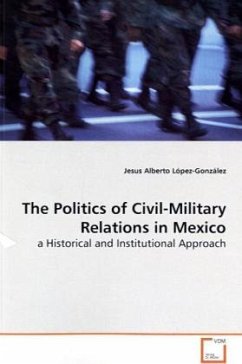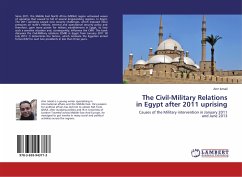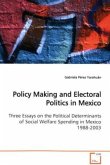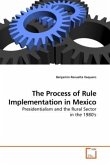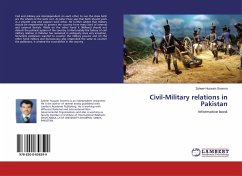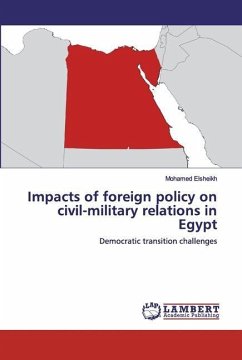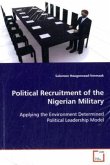Since the late 19th Century, the military in Mexico
has been an important instrument of the executive
branch of government to maintain political stability.
Despite the Mexican Revolution in the first quarter
of the 20th Century and the subsequent process of
democratization after 1988, this basic characteristic
has not been broken. This is definitely a distinctive
feature within Latin America, where democratization
has rarely been accompanied by an increasing role of
the armed forces on internal affairs. By using
deductive reasoning and historical narrative, Dr.
Lopez argues that the rules governing the system of
civil-military relations in Mexico are
counterintuitive with the idea of democratic
consolidation. He also suggests that the current
system of civilian control has become even more
vulnerable due to the capacity of the military to
resist and even reverse civilian initiatives to
improve supervision over their expanding roles.
has been an important instrument of the executive
branch of government to maintain political stability.
Despite the Mexican Revolution in the first quarter
of the 20th Century and the subsequent process of
democratization after 1988, this basic characteristic
has not been broken. This is definitely a distinctive
feature within Latin America, where democratization
has rarely been accompanied by an increasing role of
the armed forces on internal affairs. By using
deductive reasoning and historical narrative, Dr.
Lopez argues that the rules governing the system of
civil-military relations in Mexico are
counterintuitive with the idea of democratic
consolidation. He also suggests that the current
system of civilian control has become even more
vulnerable due to the capacity of the military to
resist and even reverse civilian initiatives to
improve supervision over their expanding roles.

